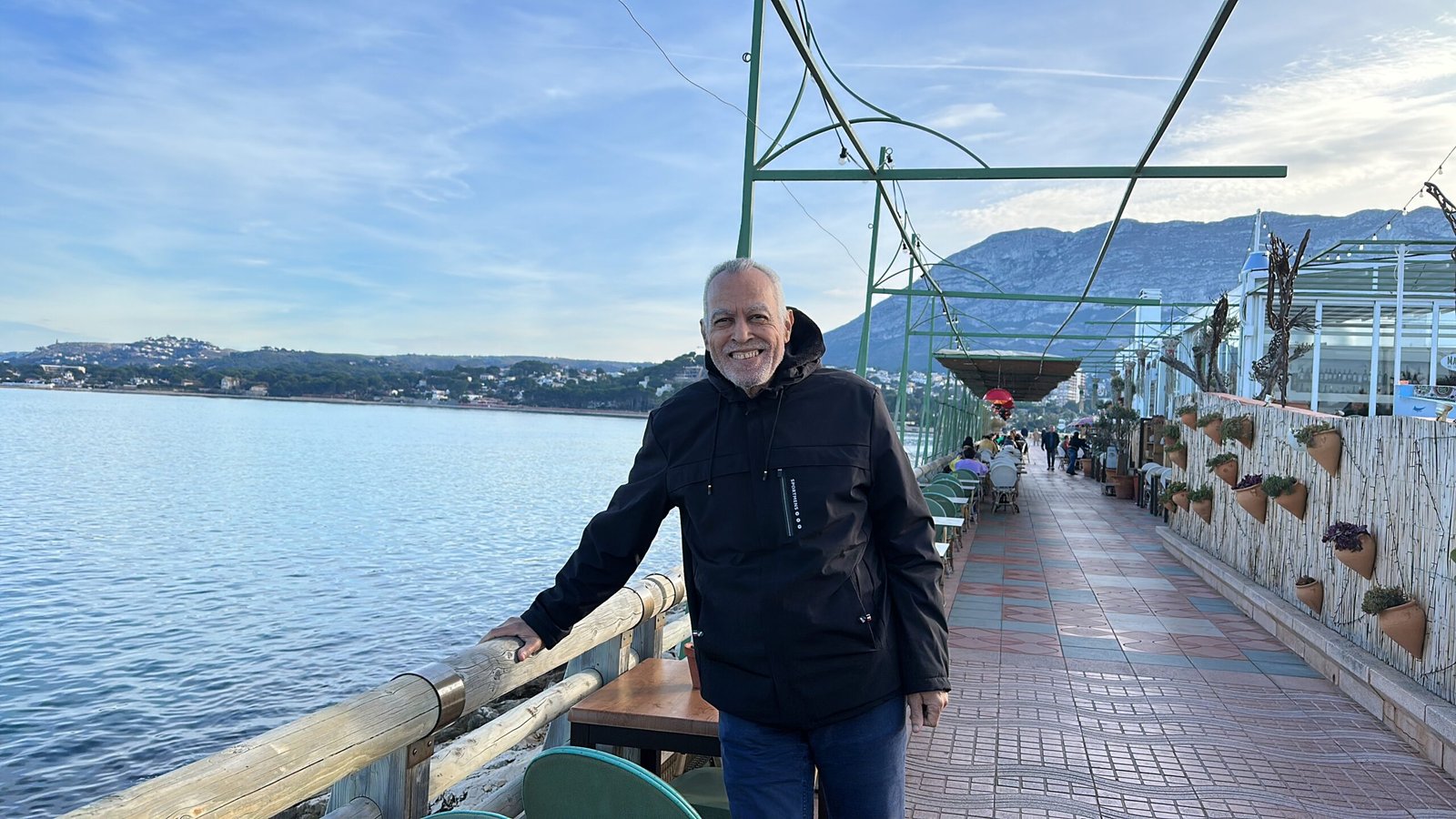Your Ultimate Guide to Migrating to The Netherlands for Study: Key Tips and Chances Explained
Introduction:
Migrating to a new country is an exhilarating yet daunting prospect, especially when considering factors like education, career prospects, and cultural adaptation. For many young individuals like yourself, embarking on this journey at the age of 21 can be both thrilling and challenging. The Netherlands, with its renowned educational institutions, vibrant culture, and opportunities for personal and professional growth, often stands out as an attractive destination. In this comprehensive guide, we’ll delve into the prospects and considerations for migrating to The Netherlands through the study route at the age of 21.
Understanding the Study Route:
The Netherlands is internationally recognized for its high-quality education system, offering a wide range of programs taught in English across various disciplines. Pursuing higher education in the country can serve as a gateway to both academic excellence and eventual settlement. As a 21-year-old considering this path, you’ll find several options available, including undergraduate and graduate programs, as well as specialized courses and research opportunities.
Assessing Your Chances:
When evaluating your chances of migrating to The Netherlands through the study route, several key factors come into play:
- Academic Qualifications: Your academic background plays a crucial role in determining eligibility for admission to Dutch universities. Most institutions have specific entry requirements, including minimum GPA, standardized test scores (such as the SAT or ACT), and language proficiency (typically English). Ensure that your qualifications meet the criteria set by your chosen program.
- Financial Resources: Moving to a new country involves significant financial investment, including tuition fees, living expenses, accommodation, and other miscellaneous costs. While studying in The Netherlands can be relatively affordable compared to some other countries, it’s essential to have a realistic understanding of your financial capabilities and explore available scholarships, grants, and part-time work opportunities to support your stay.
- Visa Requirements: As an international student, obtaining the necessary visa or residence permit is essential for studying in The Netherlands. The specific requirements and application process may vary depending on your country of origin, the duration of your intended stay, and the type of program you’re enrolled in. Familiarize yourself with the visa procedures and ensure that you fulfill all requirements to avoid any delays or complications.
- Language Proficiency: While many programs in The Netherlands are offered in English, some may require proficiency in Dutch, especially at the undergraduate level. Even if your chosen program is conducted in English, having a basic understanding of Dutch can enhance your overall experience and facilitate integration into Dutch society. Consider enrolling in language courses or utilizing online resources to improve your language skills.
- Cultural Adaptation: Moving to a new country involves adapting to a different culture, lifestyle, and social norms. The Netherlands is known for its multicultural environment, tolerance, and progressive attitudes, making it relatively welcoming to international students. However, adjusting to life abroad can still present challenges, including homesickness, cultural differences, and navigating bureaucratic procedures. Prepare yourself mentally and emotionally for these aspects of expatriate life.
Exploring Educational Opportunities:
The Netherlands boasts a diverse range of educational institutions, from research universities to applied sciences universities and specialized academies. Each institution offers unique programs and academic specialties, catering to various interests and career aspirations. Conduct thorough research to identify universities that align with your academic goals, preferences, and desired field of study. Consider factors such as faculty expertise, research opportunities, campus facilities, and student support services when making your decision.
Additionally, explore the possibility of pursuing internships, exchange programs, or practical training opportunities during your studies. These experiences not only enhance your academic learning but also provide valuable insights into the Dutch work culture and industry practices. Networking with professionals in your field and engaging in extracurricular activities can further enrich your educational journey and broaden your career prospects.
Navigating the Application Process:
Once you’ve identified suitable programs and institutions, it’s time to navigate the application process. Start by carefully reviewing the admission requirements and deadlines for each program, ensuring that you meet all prerequisites and submit your application well in advance. Prepare all necessary documents, including academic transcripts, letters of recommendation, statement of purpose, and language proficiency test scores, and ensure they are accurate and up to date.
When crafting your personal statement or motivation letter, highlight your academic achievements, career goals, and reasons for choosing The Netherlands as your study destination. Articulate your passion for your chosen field of study and demonstrate how your academic background and experiences have prepared you for success in the program. Tailor your application to each institution, showcasing your genuine interest and commitment to your academic pursuits.
As you await admission decisions, stay proactive and explore alternative pathways or backup options in case your initial choices are not successful. Keep track of important deadlines, follow up with admissions offices if necessary, and remain flexible in your plans. Remember that persistence and determination are key qualities when navigating the complexities of the application process.
Embracing the Dutch Experience: Congratulations! You’ve been accepted into a program in The Netherlands, and your journey as an international student is about to begin. Embrace this opportunity wholeheartedly and approach it with an open mind and a spirit of adventure. Prepare yourself for an enriching academic experience, cultural immersion, and personal growth as you embark on this new chapter of your life.
Upon arrival, take advantage of orientation programs, campus resources, and student support services to acclimate to your new environment and connect with fellow students. Engage in extracurricular activities, join student clubs or organizations, and participate in cultural events to expand your social network and immerse yourself in Dutch culture. Be proactive in seeking out opportunities for personal and professional development, whether through internships, volunteer work, or research projects.
As you navigate the challenges and opportunities of studying abroad, remember to maintain a healthy balance between academic pursuits and personal well-being. Prioritize self-care, seek support from friends, family, or counseling services if needed, and stay resilient in the face of adversity. Embrace the diversity of experiences that The Netherlands has to offer, and cherish the memories and friendships you create along the way.
Exploring educational opportunities
Migrating to The Netherlands through the study route at the age of 21 is a transformative journey that offers immense opportunities for academic, personal, and professional growth. By carefully assessing your chances, exploring educational opportunities, navigating the application process, and embracing the Dutch experience, you can embark on this adventure with confidence and enthusiasm. Remember that your success ultimately depends on your determination, adaptability, and willingness to embrace new challenges. With the right mindset and preparation, the Netherlands can become not just a destination for higher education, but a place you proudly call home.












+ There are no comments
Add yours